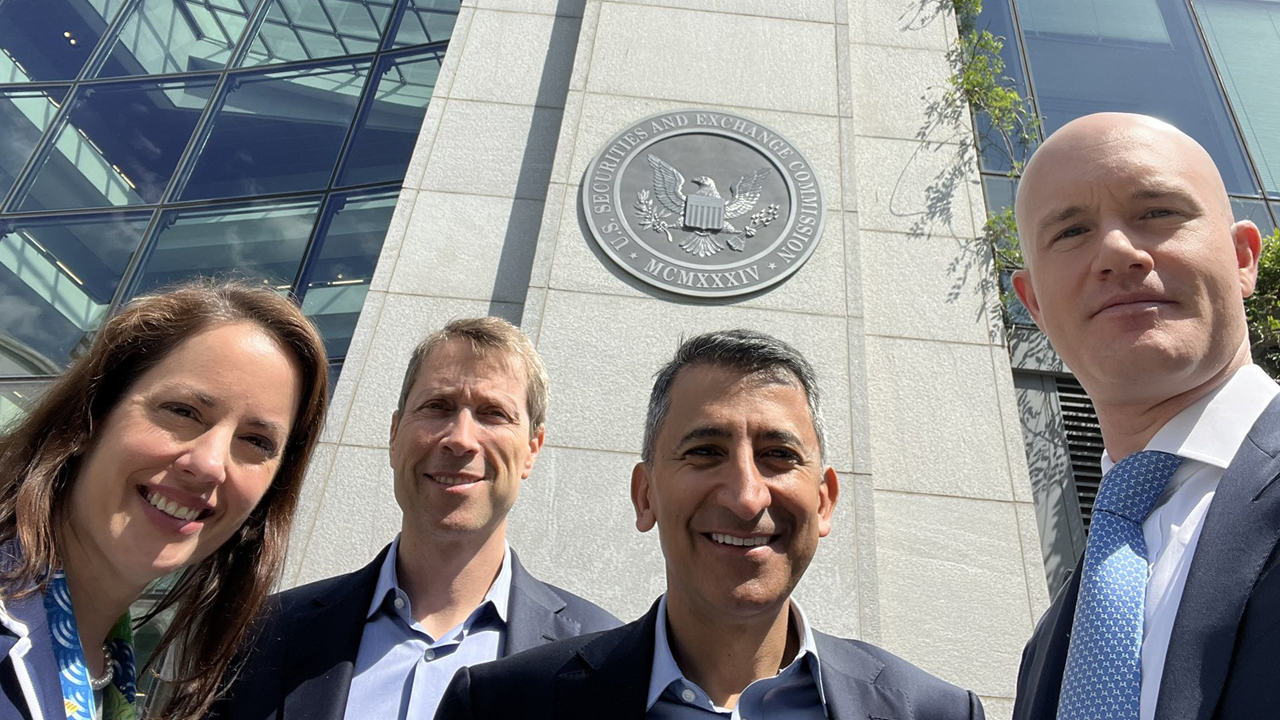Elon Musk Crypto Scam Promises Free Neuralink Brain Chip in Paid Ads on Twitter

In recent years, Twitter has been flooded with crypto scammers using Elon Musk’s image to scam unsuspecting investors. More often than not, these scammers used free Twitter accounts to run their scams. But over the past week, I’ve noticed a new tactic scammers are using on Twitter: They’re buying paid ads. And they even promise that big users can win a trip to Mars or even a Neuralink brain chip, all thanks to Elon Musk.
I first noticed a paid ad for crypto using the Twitter CEO’s photo late last week, but assumed it was an anomaly. Surely, I thought, Twitter must have processes in place to ensure that scammers don’t use the social media platform to buy ads, especially when they use the current owner’s photo and fake tweets in just a blatantly deceptive way.
But then I noticed another crypto scam using Musk’s image Monday and another one this morning. Once is a mistake, but three times is a trend. Regardless of what is happening behind the scenes, Twitter is either knowingly or unknowingly profiting from crypto scams on its platform.
The scam ads and their links are actually quite impressive in several ways. First, I didn’t see any glaring typos, one of the most common things I’ve come across while studying crypto scams over the years. It may seem like a low bar to clear, but honestly, it’s the little things that separate the successful scammers from the rest of the pack.
One of the paid ads on Twitter was also made to look like the account was CoinTelegraph, a real crypto news outlet, as you can see in the screenshot I took. Needless to say, Musk never tweeted “What we need is the Neuralink Crypto Token.”
The ads also linked to a page with a deeply fake video of Musk promoting a Neuralink-branded cryptocurrency. And while Musk has promoted Bitcoin and Dogecoin in the past, he has never launched his own coin for Neuralink, Tesla, SpaceX or any of his other brands.
“I’m here to tell you about the Neuralink crypto token, the cryptocurrency that will change the world forever,” the fake Musk says in the video.
“With this token, you have a unique opportunity to invest in the future of brain-machine interfaces,” the fake Musk continues.
I have uploaded the crypto scammer’s video to YouTube so you can watch it yourself without visiting the site. I also added a large text disclaimer that the video is fake, but these items in the upper corners, including The Wall Street Journal logo and the word “live” were originally there. The deeply fake video was created using a clip from an interview Musk did in December 2021.
Any attempt to buy tokens on the scam sites also prompts users to create an account, another impressive element that goes beyond what many low-level grifters attempt. By asking potential brands to hand over their email address and create a password, this gives fraudsters many new avenues to try, such as seeing if the password has been used previously for other accounts, such as on major crypto exchanges.
The scam site also promises that anyone who buys a large amount of these scam tokens will get to speak with Elon Musk himself, likely an opportunity for the scammers to extract more money from anyone who thinks they’re talking to the real CEO of Twitter.
“Investors who purchase over 10,000 NEURA tokens will receive personalized investment recommendations and assistance from Elon Musk himself via WhatsApp,” the site said.
And people who buy even more of the scam token will supposedly be entered into a raffle for a chance to fly to Mars. Seriously.
“Investors who purchase more than 20,000 NEURA tokens will be entered into a raffle for a chance to win one of only 10 tickets available to travel to Mars,” the website said.
However, it gets even better. For really big users, you could win a chance to have a Neuralink chip implanted in your brain.
“Investors who purchase more than 30,000 NEURA tokens will have the chance to win a Neuralink brain chip that directly connects the human brain to OpenAI through a raffle,” the site said.
You may wonder if people actually fall for these scam ads, but they do. In fact, when I filed a FOIA request with the FTC for consumer complaints regarding Tesla, I was shocked to discover people complaining that they had been ripped off by Musk impersonation ads. And it wasn’t just one or two. There were dozens.
The most heartbreaking story to come out of these consumer complaints was someone who knew they had been scammed out of a fake Tesla token but insisted that Elon Musk really issued some token.
“They were running a token presale for Tesla, I was interested. But I didn’t allow myself enough time to research them before investing in what I thought was an actual presale of a new Tesla token,” the FTC complaint said.
“Elon actually issued a new token, but the one I purchased was not the legitimate token,” the complaint continued.
Musk did not issue a new token. Twitter, which rather infamously doesn’t have a public relations team anymore, did not respond to a request for comment on Tuesday. I’ll update this article if I hear back. In the meantime, I guess I’ll just wait here for the trip to Mars. Musk promised on Twitter. And the last thing Twitter would ever do to me is lie.
Follow me on Twitter. check out my website.

























